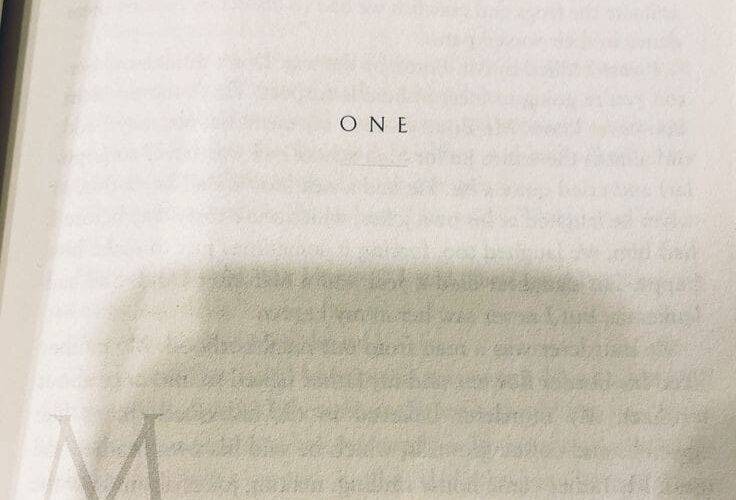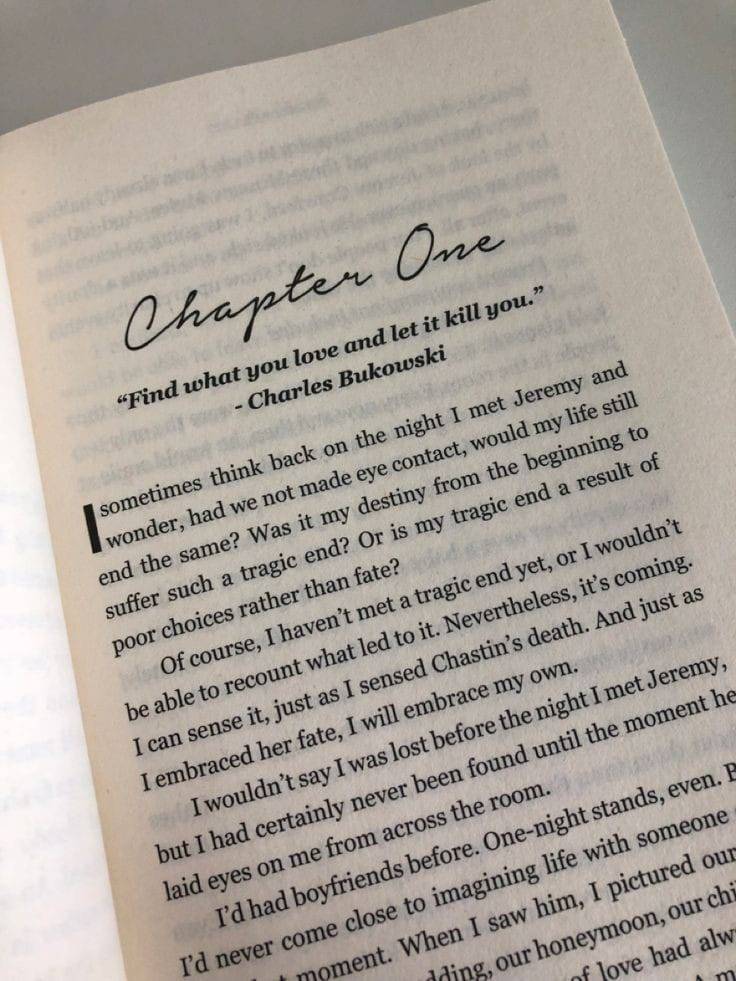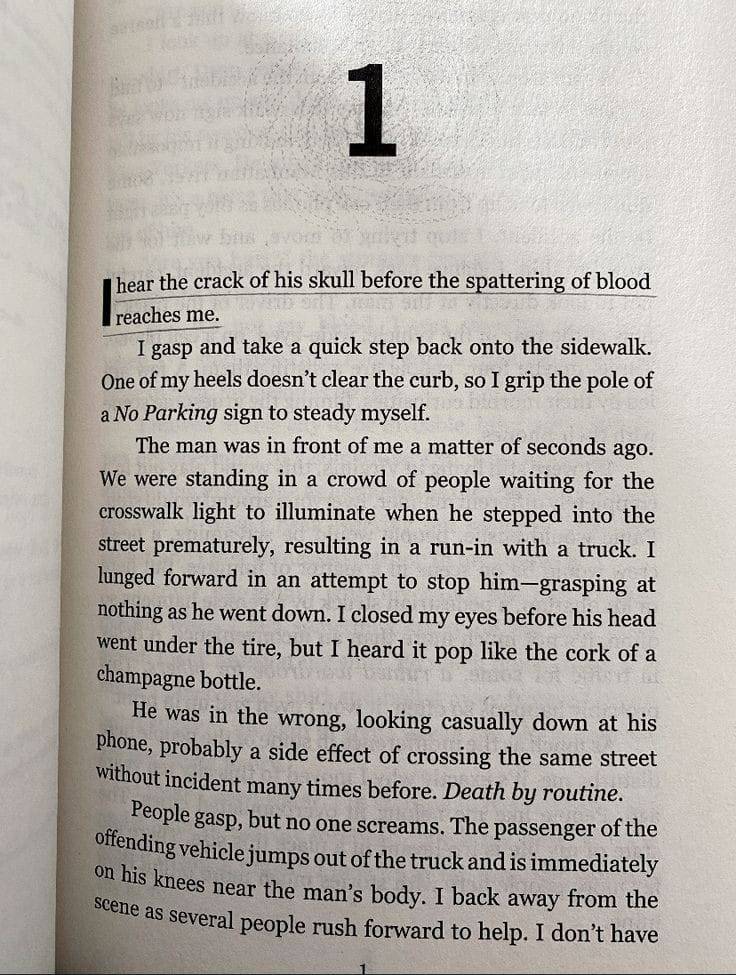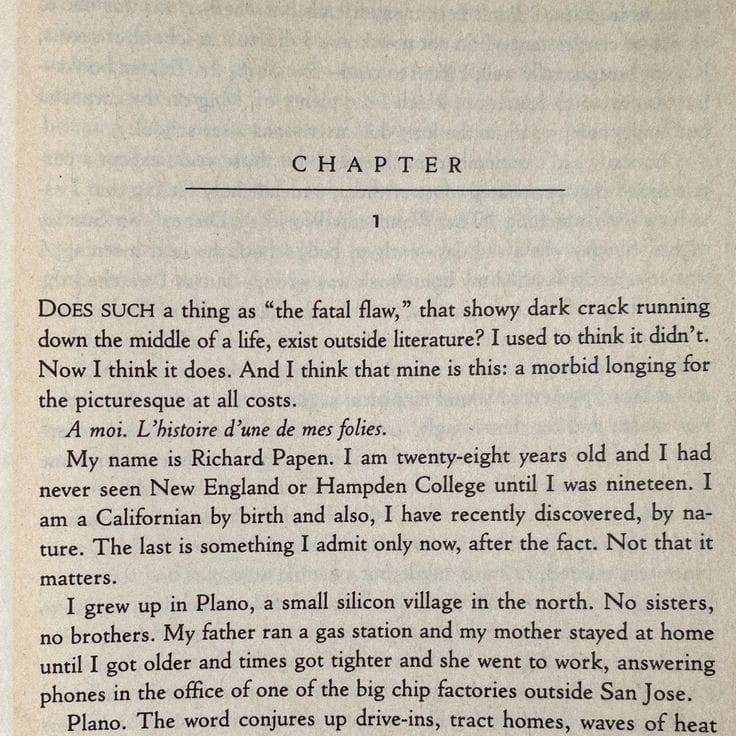Ohh the horrors of the first sentence. That little line of text is supposed to carry the weight of the world—or at least the weight of your entire story. It needs to pull readers in, set the tone, drop hints about the plot, and maybe make someone say, “Wow, I’m going to cancel my plans so I can read this.” No pressure, right?
Writers stress over it, agonize about it, and sometimes even avoid writing their story altogether because they’re paralyzed by the pressure of starting it just right.
Here’s the real secret: your first sentence is a work in progress. It’s not chiselling the Ten Commandments into stone; it’s sketching with a pencil. You can, and likely will, rewrite it five, seven, or twenty times. Writing is rewriting, especially when it comes to finding the perfect place to start.
In fact, some writers don’t even worry about the first sentence until the rest of the book is written. Why? Because you can’t always see the perfect entry point until you’ve reached the end of your story. The tone, themes, and major plot threads— become clearer as the book progresses. Many first attempts at a beginning are just that: attempts. Sometimes they’re 400 words too early, or the wrong tone, or focused on details that turn out to be irrelevant. And that’s fine.
So let’s take the pressure off. Think of your first line as a “provisional opening.” Write it down, keep going, and know that you’ll circle back later to tweak, refine, or completely rewrite. For now, let’s focus on how to craft that killer hook when you’re ready.
The opening sentence and paragraph of your story are like the first impression at a party: they’re make-or-break. A strong hook makes readers curious, excited, or even downright desperate to keep reading. A weak one? Well, let’s just say it’s the literary equivalent of spinach in your teeth.
Readers today have short attention spans. A boring or confusing opening means they’ll move on to the next book, the next TikTok, or the next cat meme. Your job is to grab them by the collar and say, “Hey! Stay right here. This is where the magic happens.”
How do you do that? By creating intrigue. By starting at the right moment. By giving readers a taste of the story without overwhelming them.
The first sentence doesn’t have to explain everything; it just needs to invite readers in. And the first paragraph? That’s where you pour them a metaphorical cup of tea and make them too cozy to leave.
Let’s talk about why first sentences feel impossible to get right. They’re supposed to do so much at once:
- Introducing a major plot thread.
- Set the tone and mood.
- Establish the setting (sometimes).
- Spark curiosity.
- Not overwhelm the reader.
That’s a lot for one little sentence! And here’s the thing: you don’t know half of this stuff on your first attempt. There’s no way. You’re still figuring out your characters, plot, and themes. So why expect your opening line to be flawless right out of the gate?
Instead, treat your first sentence like a placeholder. Write the rest of the story first, then revisit the beginning once you know:
- The heart of your story.
- The tone you’re aiming for.
- The exact time where your story really begins.
A great first sentence usually:
- Creates intrigue.
- It makes readers ask, “What’s happening? Tell me more!”
- Hints at the bigger story.
- It plants a seed that will grow as the plot unfolds.
- Sets the tone. Whether your story is dark, funny, romantic, or thrilling, the first sentence should reflect that.
- Feels effortless. It might take you 20 tries to get there, but the final version should feel natural and unforced.
Different genres have different expectations for opening lines. Think of it like dressing for the occasion—you wouldn’t wear a ball gown to a beach party (or maybe you would, but it better be a killer ball gown).
Romance
In romance, emotions are key. Your first sentence should tease a spark of connection, a hint of tension, or a swoon-worthy moment.
Example:
“She kissed him by mistake, but the second kiss was entirely on purpose.”
Thriller/Mystery
Start with suspense or danger. Give readers a puzzle or a sense of urgency.
Example:
“The letter wasn’t signed, but the blood stains on it were signature enough.”
Fantasy
Transport readers to another world immediately. Whether it’s magical, otherworldly, or ancient, set the stage fast.
Example:
“The dragon slept on a board of gold, but what I needed was the ring in its teeth.”
Science Fiction
Introduce futuristic tech or an otherworldly twist. Make readers curious about the setting and characters.
Example:
“The spaceship was stolen, but the thief wasn’t human—and neither was I.”
Literary Fiction
Go for mood and atmosphere. Use evocative language to pull readers into the story.
Example:
“The café smelled of burnt coffee and broken promises, and nobody seemed to notice but her.”
Practical Tips for Writing a Great First Sentence
- Just Write Something
Your first attempt doesn’t have to be perfect. It just has to exist. Get it down, then move on.
- Experiment with Different Approaches
Try starting with action, description, or dialogue. Test different tones.
- Find the Real Beginning
Most writers start their story too early. Look at your first scene and ask: is this where the action begins, or is it just setup?
- Rewrite (and Rewrite Again)
The first sentence will probably change as you get deeper into the story. Embrace the revision process.
- Get Feedback
Ask friends or critique partners to read your opening. If they aren’t hooked, try again.
Examples from the Masters
“Call me Ishmael.” —Herman Melville, Moby-Dick
(Simple, mysterious, and unforgettable.)
“It is a truth universally acknowledged, that a single man in possession of a good fortune, must be in want of a wife.” —Jane Austen, Pride and Prejudice
(Witty and ironic—perfectly sets the tone.)
“The man in black fled across the desert, and the gunslinger followed.” —Stephen King, The Gunslinger
(Immediate action and intrigue.)
The perfect opening line might not come to you until draft three—or draft ten. That’s okay. Your story is the star, and the first sentence is just the doorway to its brilliance.
So write the rest of your book first. Experiment, rewrite, and don’t be afraid to fail a few times. Trust me, nobody ever writes a classic first line by stressing over it endlessly. They write it by starting somewhere, anywhere, and letting the story show them the way.
And if your first attempt is “It was a dark and stormy night,” I’ll pretend I didn’t see that—for now.




